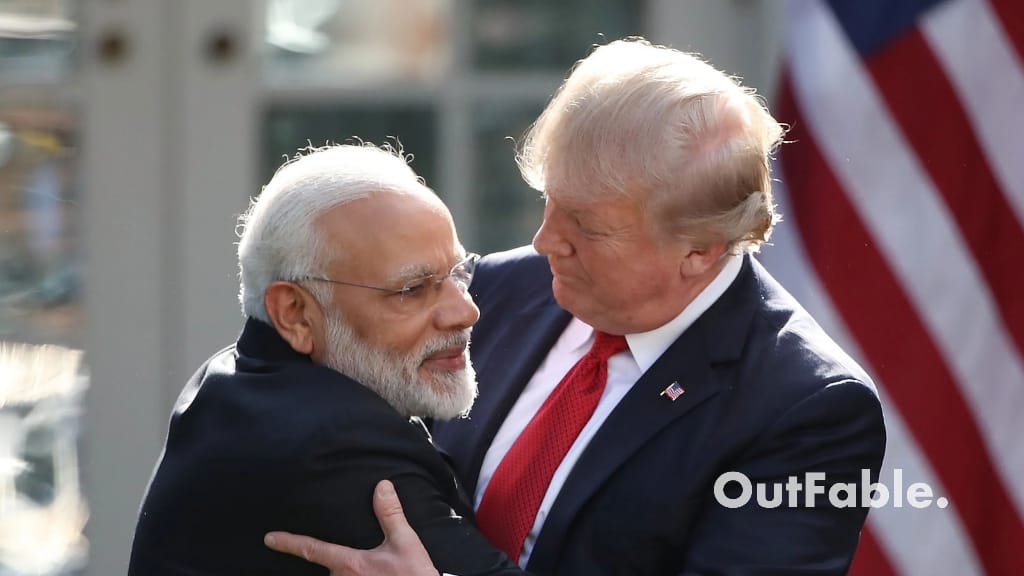India on Saturday welcomed the summit between U.S. President Donald Trump and Russian President Vladimir Putin in Alaska, calling their leadership in pursuit of peace “commendable” and expressing hope for an early resolution to the Ukraine conflict. Even though the meeting ended without concrete outcomes, Ukraine’s President Volodymyr Zelenskyy signaled that a trilateral summit involving him could follow soon.
The cordial nature of the Alaska talks has been noted in New Delhi, especially as India faces uncertainty over steep U.S. tariffs on its exports and oil imports. President Trump had recently made a statement that India could face up to 50% tariffs on goods sent to the U.S., including a 25% penalty tariff on Russian oil imports, set to take effect on August 27.
In a announcement, the Ministry of External Affairs (MEA) said: “The way forward can only be through dialogue and diplomacy. The world wants to see an early end to the conflict in Ukraine.” However, the MEA avoided commenting on Trump’s claim that India had stopped buying Russian oil.
Trump says in an interview that Moscow had “lost an oil client” in India, claiming that New Delhi had agreed to scale back its purchases. He also suggested that while China remained a bigger importer of Russian crude, Washington might hold off on imposing secondary sanctions on Beijing as of now. “Maybe I won’t have to do it,” Trump said, hinting that the Alaska meeting’s outcome could ease pressure.
However, Indian oil companies continue to import up to 2 million barrels per day of Russian crude, with officials stating that there have been no instructions from the government to stop. Russia contributes for nearly 40% of India’s oil intake, a dramatic rise from less than 0.2% before the Ukraine war began in 2022.
India has strongly taken a stand against Washington’s tariff threats. In a recent statement, the MEA called the U.S. measures “unfair, unjustified and unreasonable”, stressing that India’s energy purchases are guided by the need to ensure the security of 1.4 billion people.
While the Alaska summit provided some diplomatic relief, Trump did not confirm whether the tariff decisions would be reconsidered. He said he would take a call in “two or three weeks”, leaving the August 27 deadline hanging. A separate meeting between Indian and U.S. trade negotiators, scheduled for August 25, is also awaiting confirmation.
Trump, meanwhile, repeatedly says that he played a key role in brokering peace between India and Pakistan following the May conflict after the Pahalgam attack. He argued that his use of trade leverage prevented the situation from escalating to “maybe nuclear” levels. India, however, has not publicly acknowledged his role, and officials have largely avoided commenting on reported aircraft losses during the clashes.
For now, India finds itself balancing between applauding U.S.-Russia dialogue on Ukraine and safeguarding its own trade and energy security, as decisions in Washington over the coming weeks could directly affect both its economy and foreign policy choices.
